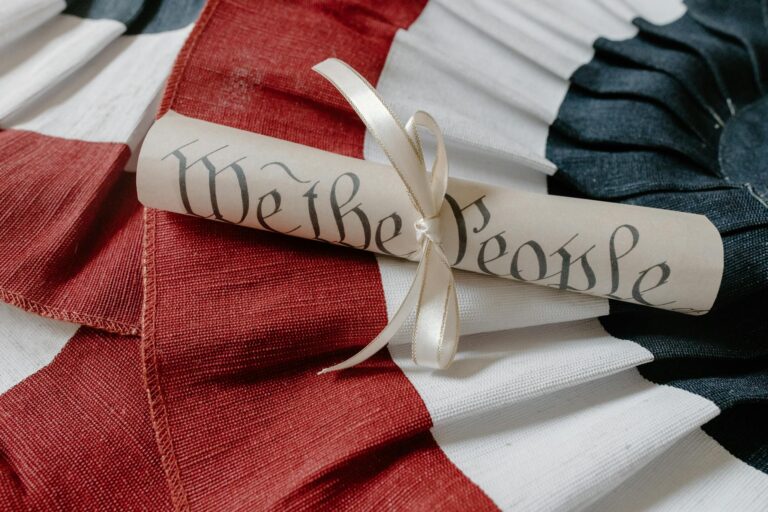A Brief History of the Word ‘Boundaries’ and Why I’m Tired
Florence Factson
Mockitor of Everything Ever
General Assignment Reporter
It began as a concept in therapy. Now it’s a blunt instrument used in friend breakups, TikToks, and brunch menus. Somewhere along the way, we stopped negotiating and started declaring.
Boundaries used to mean something. Something clear. Something almost noble. “I have a boundary” once implied maturity, a recognition of emotional limits and an attempt to protect connection through clarity.

Now, it means “I don’t want to talk about this, and if you keep pushing, I will unfollow you on four platforms and cite an energy imbalance.”
I’m not against boundaries. I’m against what we’ve done to them.
They’ve become declarations instead of dialogues. You don’t express a need anymore, you drop a boundary like a smoke bomb and disappear. The word itself has gone from therapeutic to performative, used less to create safety and more to stage exits.
I’ve seen boundaries invoked during friend breakups, roommate disputes, collaborative Google Docs, and one instance involving a misinterpreted emoji.
There’s also been a quiet shift in tone. “I need space” became “I’m not available for that.” Which became “That’s not aligned with my healing.” And if you question it? You’re told you’re violating the boundary by asking about the boundary.
We used to talk. Now we just announce.
Boundaries have gone from protective to preemptive. And while I understand the cultural fatigue, I miss nuance. I miss mess. I miss when emotional conflict wasn’t immediately reframed as violence against someone’s nervous system.
Say what you need. Ask for what you want. But maybe, just maybe, bring back the question mark.












